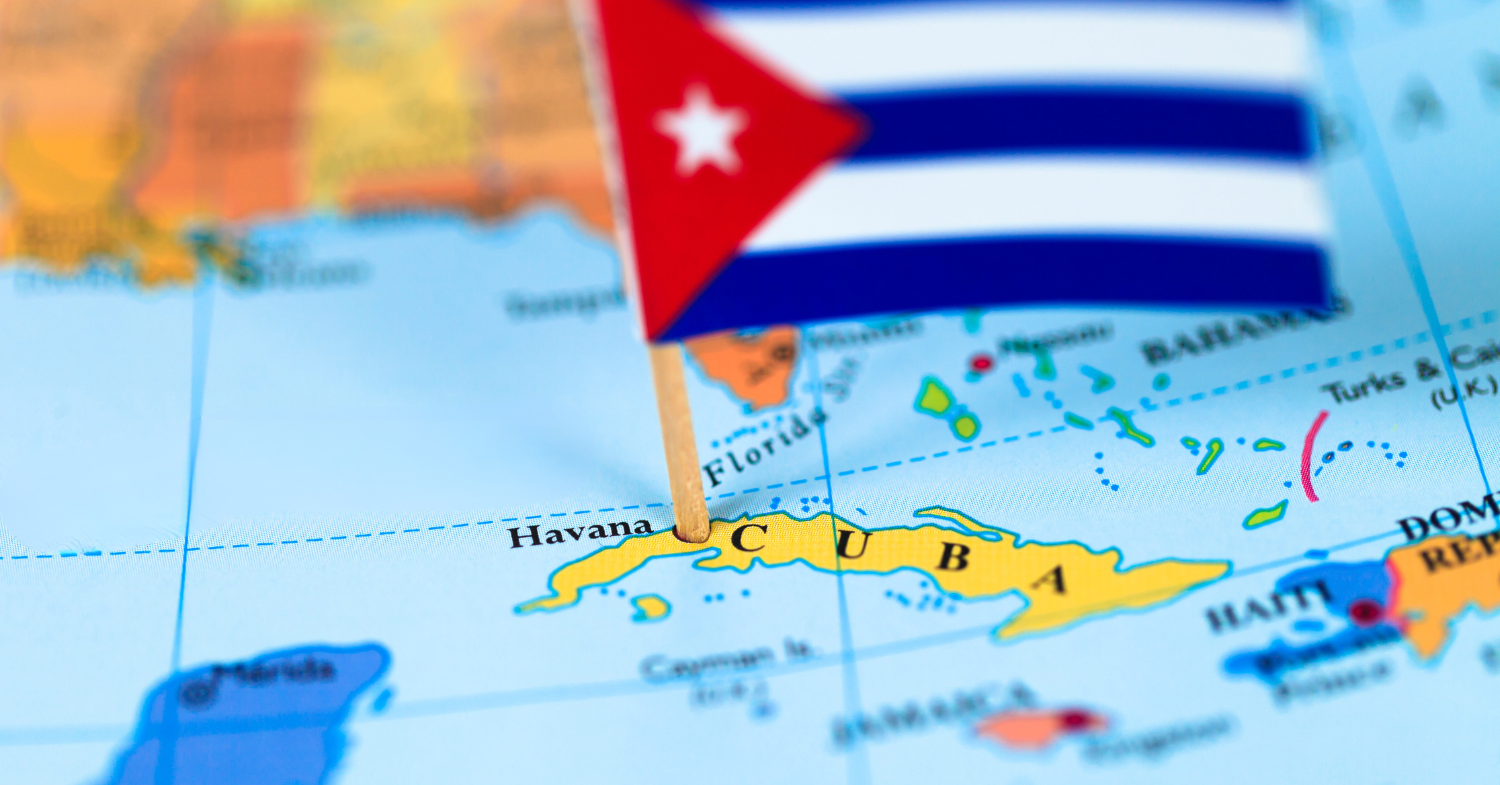The Cuban Uprising

In recent days, an extraordinary scene has unfolded in Cuba: university students have taken to the streets in protest. The apparent trigger was a steep hike in tariffs by ETECSA, the state-owned—and sole—mobile telecommunications provider on the island. But is this price increase truly the root of the unrest?
A closer look reveals that these protests are not just about phone bills; they are a powerful signal that Cuba’s communist regime is running out of room to maneuver.
These protests are not an isolated event. In July 2021, Cubans flooded the streets, driven by power outages, COVID-19 restrictions, and a crumbling economy. Today, ETECSA’s tariff hikes have reignited public outrage, but the real cause runs deeper: decades of oppression, neglect, and broken promises by Cuba’s communist government. The Cuban people, especially the youth, have had enough. Any misstep by the regime, no matter how small, now risks sparking widespread unrest.
History shows that seemingly minor events can topple authoritarian rule. In Czechoslovakia, the death of a student in 1989—previously a routine tragedy—ignited the Velvet Revolution. In East Germany, a seemingly manageable tweak to migration policy led to the fall of the Berlin Wall. In Cuba, we cannot yet predict the precise spark that will end communist rule, but the signs are unmistakable: the regime’s grip is slipping.
The case of ETECSA vividly illustrates the failures of a centrally planned economy. As Cuba’s sole telecommunications provider, ETECSA faces no competition, leaving it with little incentive to improve service or lower costs. The result is an expensive, inefficient system stuck in the technological past—lagging not only behind developed nations but even compared to Cuba’s Caribbean neighbors. In an era when global connectivity is cheaper and more accessible than ever, Cubans are trapped with infrastructure reminiscent of the early 2000s.
Contrast this with capitalist economies, where competition drives innovation and affordability. ETECSA’s monopoly is a stark reminder of communism’s inability to deliver for its people, underscoring the urgent need for systemic change that embraces market principles.
Complicating this picture is the potential role of China. As discussed in previous analyses, China’s expanding presence in Cuba—through telecommunications infrastructure and possible espionage bases—poses a threat to U.S. security and regional stability. Leveraging its top-down control, China has developed tech giants that outcompete private firms, offering 5G and telecom services at cut-rate prices across Latin America. In Cuba, could ETECSA’s struggles be an opening for China to tighten its grip on the island’s communications?
This possibility raises serious concerns. A weakened Cuban regime, desperate to maintain control, might cede strategic ground to Beijing, further endangering U.S. interests. The combination of a failing communist system and China’s ambitions creates a volatile scenario for Cuba’s future.
The student protests in Cuba are more than a reaction to ETECSA’s tariffs; they are a rebellion against a system that has oppressed generations. While the precise moment of the Cuban communist regime’s collapse remains uncertain, recent events suggest it is drawing closer. Yet, China’s growing influence casts a shadow over this hope for change.
We are left with a pressing question: Will Cuba’s communist regime fall first, or will China solidify its control over the island? The answer will shape not only Cuba’s future but also the balance of power in the Western Hemisphere.
Hernán Alberro is a Senior Fellow with VOC’s Latin America Program. All opinions are those of the author and do not necessarily represent the position or views of the institutions they represent or VOC.

